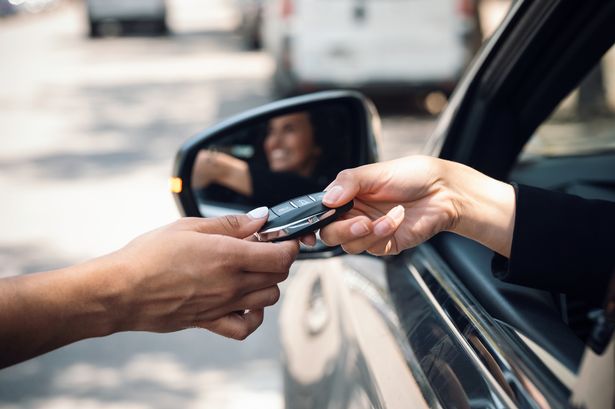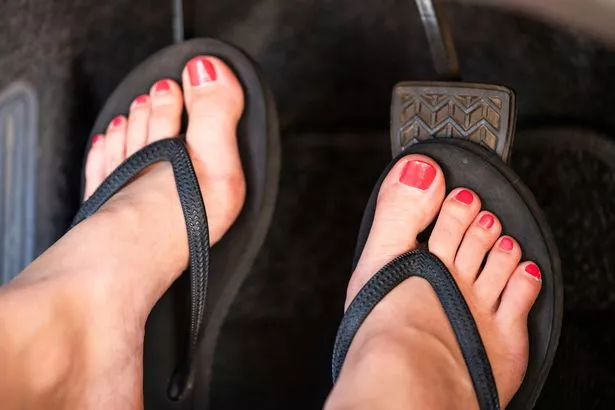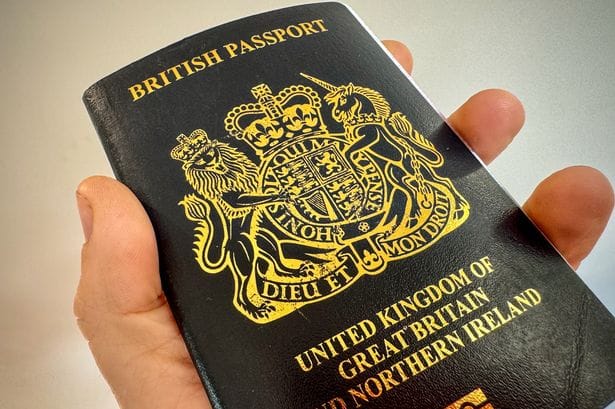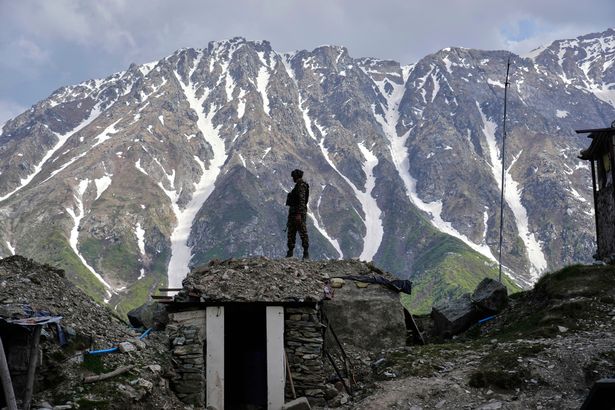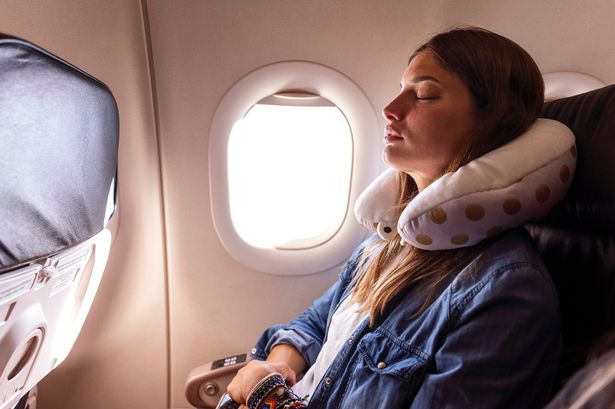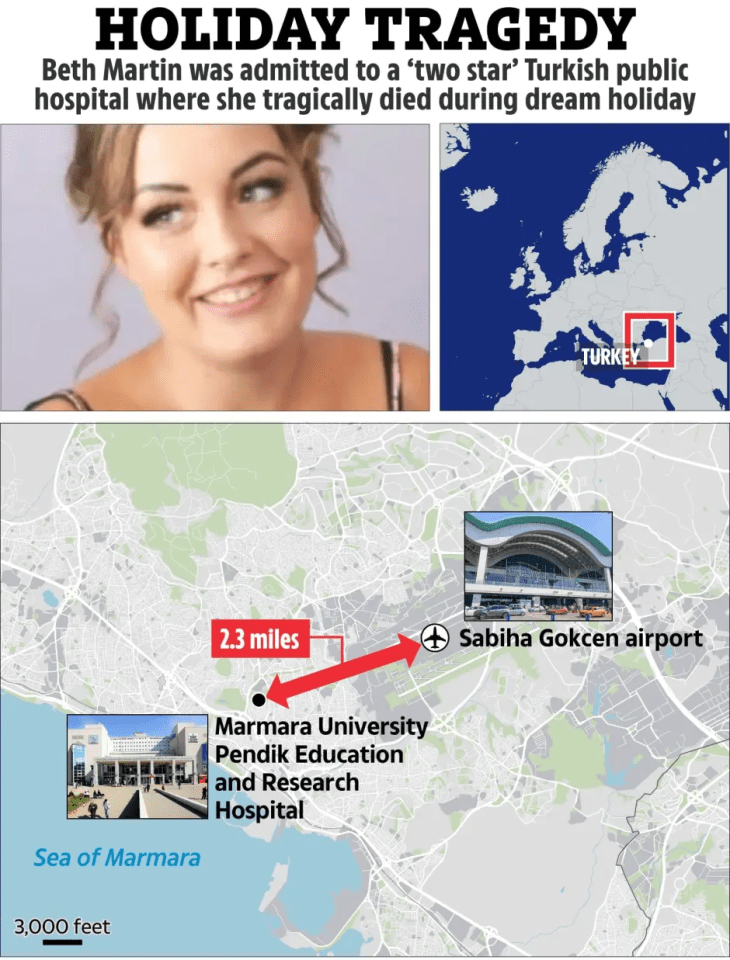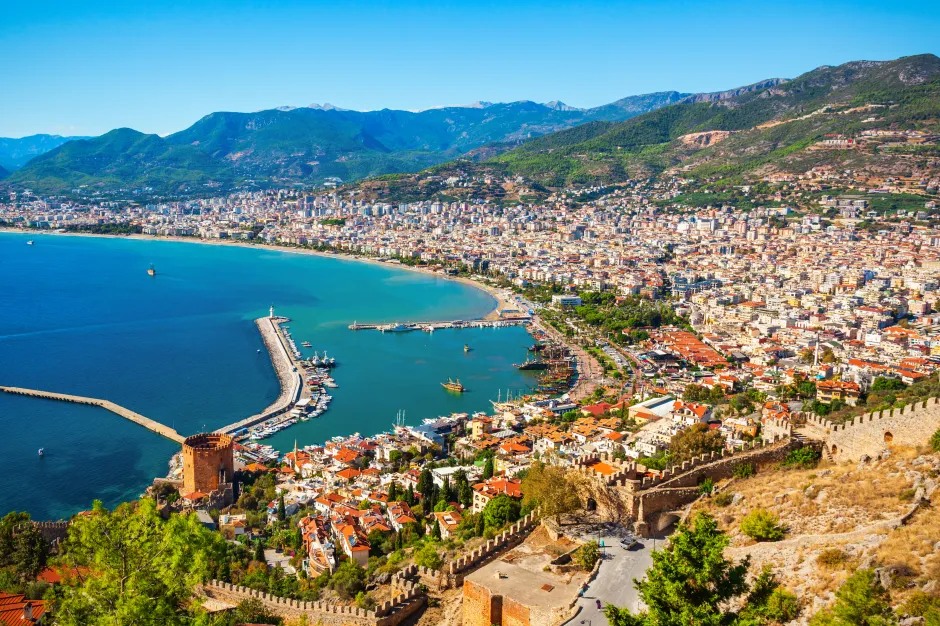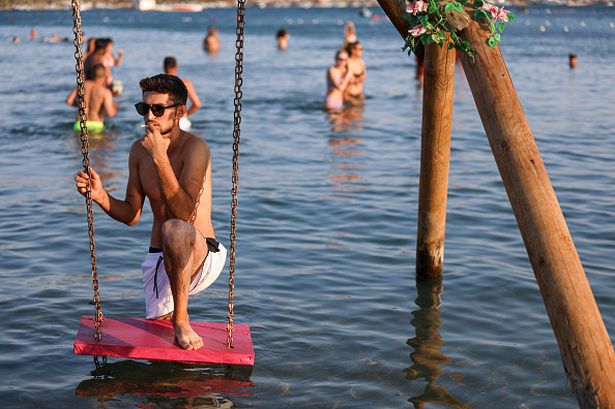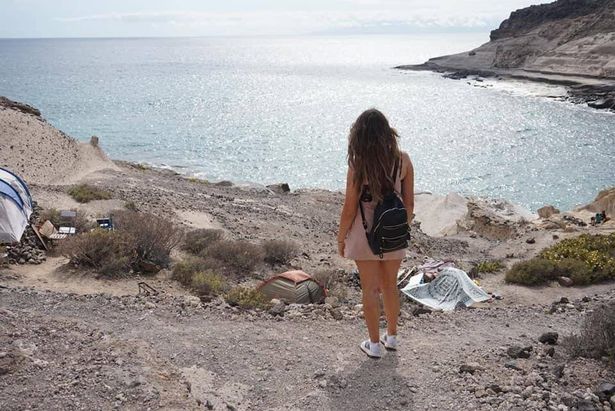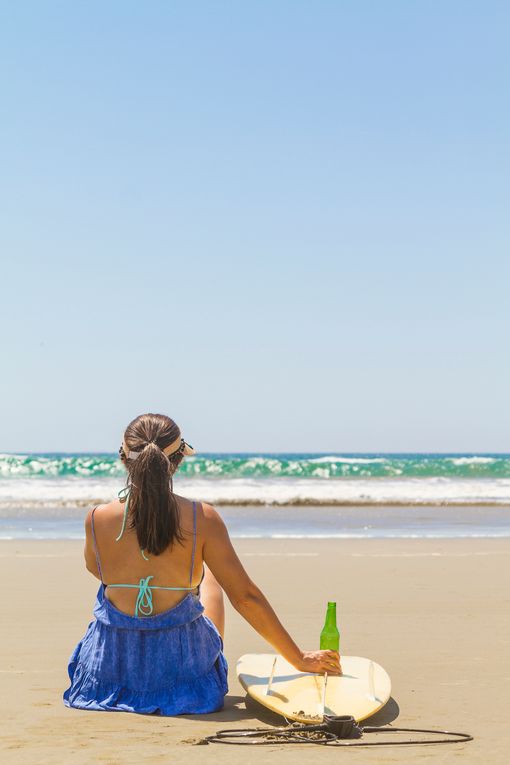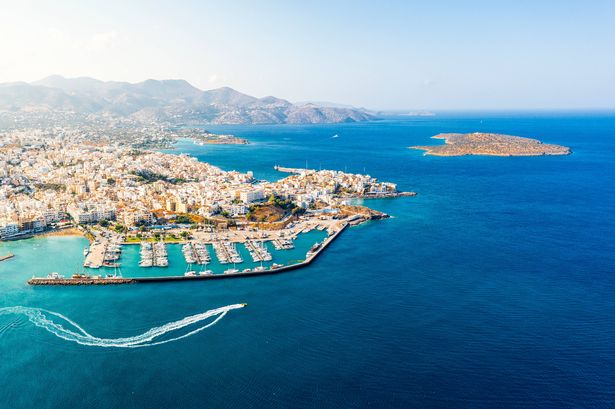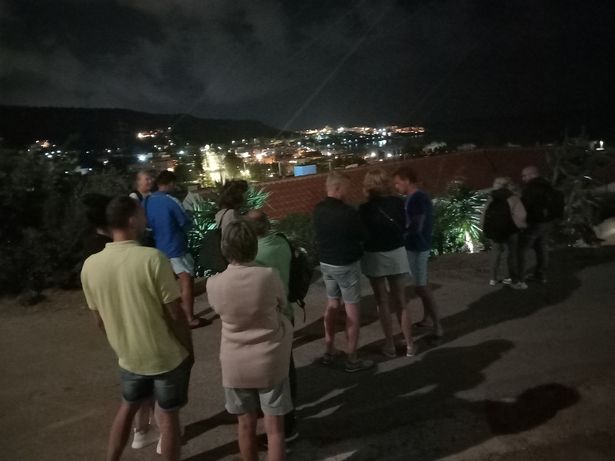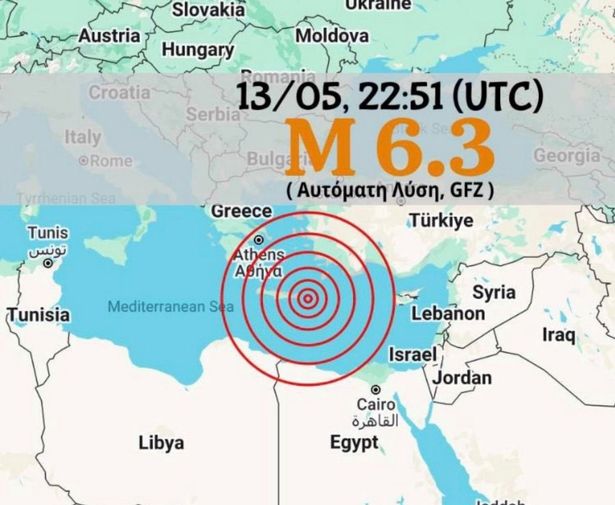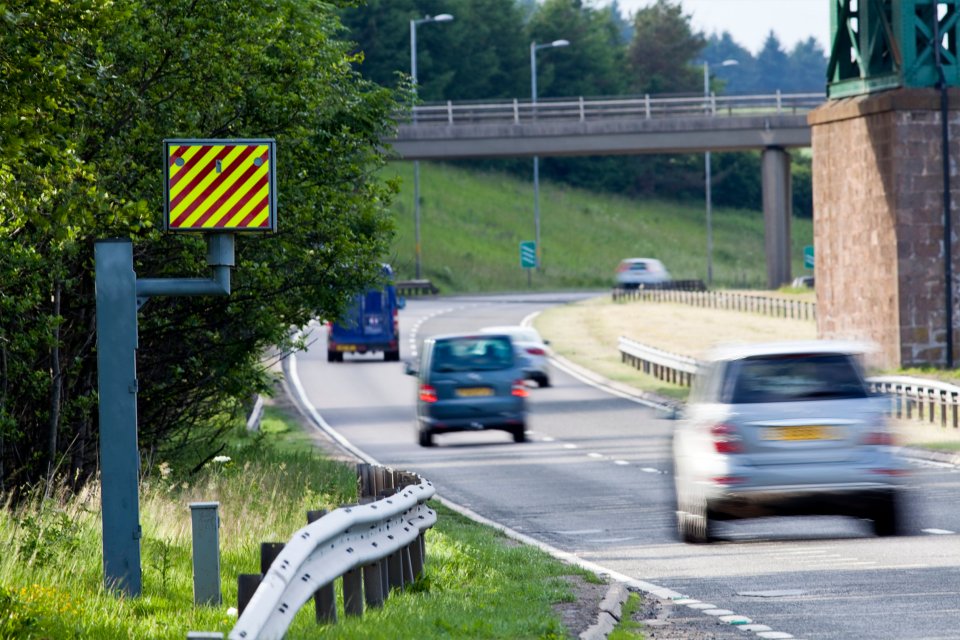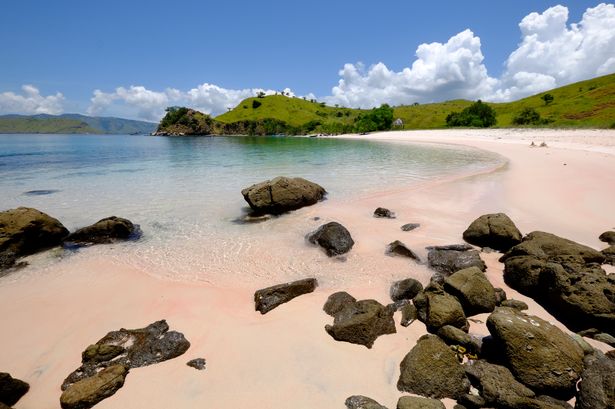Brits have been urged to brush up on local driving rules, as experts warn wearing two types of holiday footwear while behind the wheel could result in a hefty €344 (£282) fine
Sun-worshipping Brits jetting off to the likes of Spain and Greece this year have been issued a stark driving warning.
If sitting on a coach with a bunch of strangers in stifling heat isn’t how you want your holiday to begin, you may have already considered hiring a rental car. It’s a great way to roam around the lesser-visited parts of the country – means you’re not tied down to the strict agenda of the tour trip – and allows you to live out your fantasy of whizzing through the Amalfi Coast with the sun-roof down.
However, it is always worth brushing up on local driving laws before you get behind the wheel. Many European countries have different rules compared to the UK, and we’re not just talking about which side of the road you should drive on…
READ MORE: Spanish islands’ all-inclusive 6-drink cap and what it really means for tourists
Over in the UK, it is not explicitly illegal to drive in summer footwear like flip-flops or crocs. Under Highway Code Rule 97, drivers must wear clothing and footwear that ‘allow them to use the vehicle controls properly’ – but if you’re found to be driving without proper control, you could be found guilty of ‘careless driving’.
This carries a £100 on-the-spot fine (but issued fines may be as high as £5,000) as well as three-nine points on your licence, or even a driving ban. In a statement sent to the Mirror, Jamie Barke, Managing Director at CarMats4U.com, explains that the rules in holiday hotspots like Spain, France, and Greece, are quite similar. “While they don’t explicitly ban flip-flops, crocs, or barefoot driving, vaguely worded laws can allow local authorities to fine drivers if their footwear is deemed unsafe,” the expert added.
In Italy, minor motoring offences risk a €87 (£72) fine, but can climb up to €344 (£282). This falls under the the Codice della Strada, Article 141) which states the driver must always maintain control of their vehicle. Over in Portugal, fines range from €60 (£50) to €300 (£251) for failing to ‘abstain from practices that may impair safe driving’.
Spain’s Ley sobre Tráfico, Circulación de Vehículos a Motor, Article 13, makes it clear that drivers must always maintain control of their vehicles. Failure to do so can lead to fines of up to €200 (£167). Similarly, French law dictates that ‘drivers must be in a condition to perform all necessary driving manoeuvres’ – or risk a maximum fine of €150 (£125) – while Greece can fine holidaymakers up to €100 (£83) if they do not drive ‘with caution’.
Again, none of these driving rules explicitly ban any kind of footwear. But, if your choice of shoes impacts your driving, or ability to control your vehicle, you may still be fined. The expert also argued that beyond safety concerns, beachwear could cause a hidden risk to your car’s interior. This could be particularly costly if you’re hiring your car from a company and didn’t take out extra protection.
“Flip-flops and crocs often mean tracking in sand, grit, and moisture into the car after beach trips,” Jamie added. “These elements can damage interiors over time. To avoid fines and for additional safety, we always recommend keeping a spare pair of proper driving shoes in your car and using an easy-to-clean car mat to prevent long-term interior damage.”
Do you have a story to share? Email us at [email protected] for a chance to be featured.
